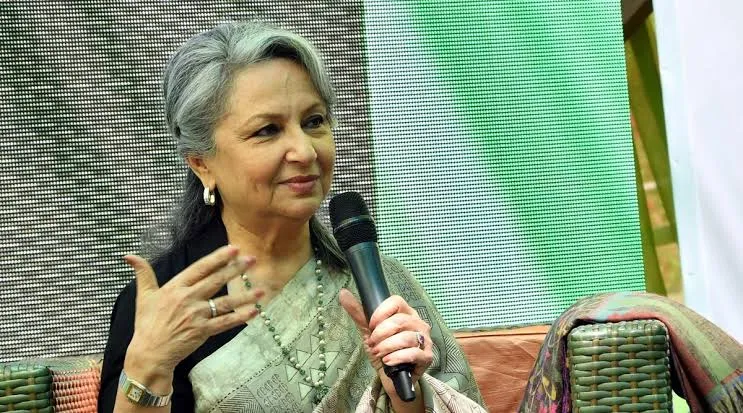China warned against the artificial intelligence (AI) technology becoming a “runaway horse” during the United Nations Security Council’s first AI meeting on July 18, and the United States cautioned against its application to restrict or oppress people.
AI would “fundamentally alter every aspect of human life,” according to James Cleverly, the British Foreign Secretary who presided over the summit. At the same time, his country held the organization’s leadership in July.
He suggested that AI might aid in addressing climate change and boosting economies and that we urgently needed to shape the global governance of transformational technology because it recognizes no borders. However, he warned that the technology feeds misinformation and may help state-sponsored and non-state groups search for weapons. U.N. Secretary-General Antonio Guterres, Jack Clark, co-founder of well-known AI firm Anthropic, and Professor Zeng Yi, co-director of the China-UK Research Centre for AI Ethics and Governance, informed the 15 council members.
He suggested that AI might aid in addressing climate change and boosting economies and that we urgently needed to shape the global governance of transformational technology because it recognizes no borders. However, he warned that the technology feeds misinformation and may help state-sponsored and non-state groups search for weapons. U.N. Secretary-General Antonio Guterres, Jack Clark, co-founder of well-known AI firm Anthropic, and Professor Zeng Yi, co-director of the China-UK Research Centre for A. Ethics and Governance, informed the 15 council members.
A.I. applications, both military and non-military, “could have very serious consequences for international peace and security,” Guterres said.
According to certain governments, a new U.N. entity should be established “to support collective efforts to govern this extraordinary technology,” it should be modelled after the International Civil Aviation Organisation, the International Atomic Energy Agency, or the Intergovernmental Panel on Climate Change. Guterres supports these proposals. Zhang Jun, China’s ambassador to the U.N., referred to artificial intelligence as a “double-edged sword” and stated that Beijing favors the U.N.’s vital coordination role in developing guiding principles for AI.
Zhang stated that there should be an emphasis on people and the environment. “Whether it is good or bad, good or evil, depends on how mankind utilizes it, regulates it, and how we balance scientific development with security,” Zhang added. Using AI constructively to control development and “prevent this technology from becoming a runaway horse.”To address vulnerabilities to human rights that could jeopardize peace and security, countries must collaborate on AI and other emerging technologies, according to Jeffrey DeLaurentis, the deputy U.S. ambassador to the United Nations.
“No member states should use AI to censor, constrain, repress, or disempower people,” he warned the council.
Russia questioned whether the council, which is in charge of preserving world peace and security, ought to be talking about AI Dmitry Polyanskiy, Russia’s deputy U.N. ambassador, said: “What is required is a professional, scientific, expertise-based discussion that can take several years, and this discussion is already underway at specialized platforms.”



















